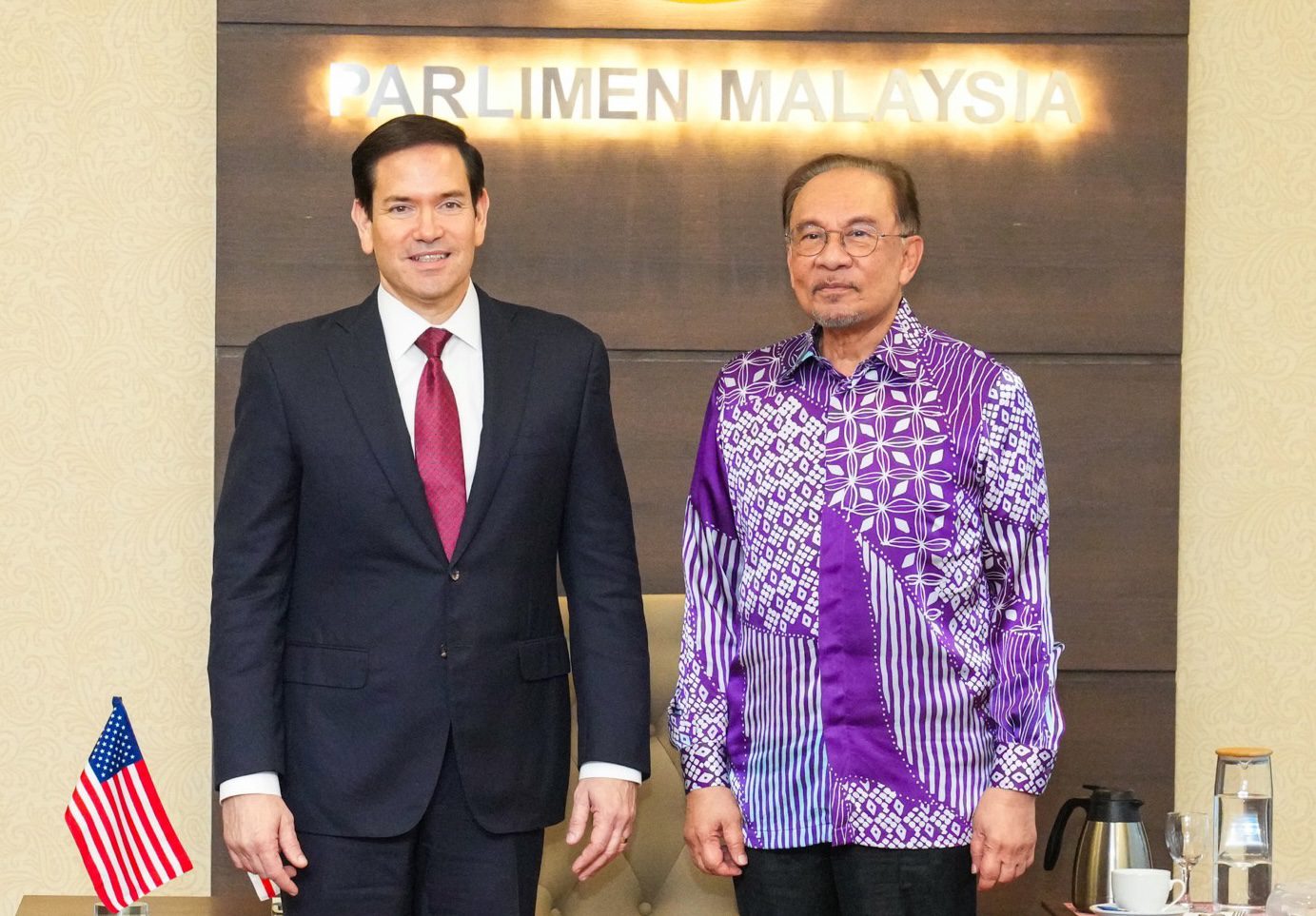
Malaysia Tariff Tracker | July 10, 2025

Insights & News


China Forecast: Navigating Growth, Tech Ambitions, Social Strains and Investment Opening
WHAT YOU NEED TO KNOW ON THE HORIZON China Market Overview and Forecast Political Climate …

India Forecast: Economic Resilience and Strategic Reforms Drive Investor Confidence
WHAT YOU NEED TO KNOW ON THE HORIZON India Market Overview and Forecast Political Climate …

Tech in 2026: AI Investment, Regulatory Impacts and Supply Chain Resilience
WHAT YOU NEED TO KNOW ON THE HORIZON Sector Overview and Forecast Macrotrend Monitor Section …
At BowerGroupAsia, we are committed to
delivering result-oriented solutions for our clients
We have proven track record of helping the world’s top companies seize opportunities and manage challenges across the dynamic Indo-Pacific region.
















